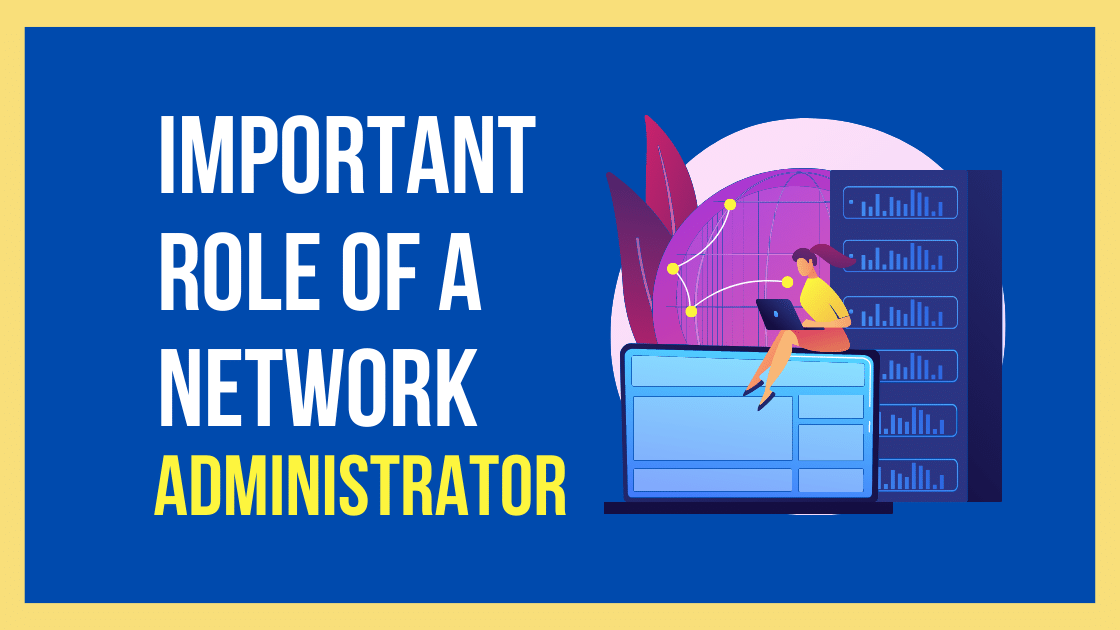It’s natural to consider a career as an Information Technology (IT) professional if you have always been a computer geek and are the person your family turns to for any technical issues. Although there are many roles within IT, the one that stands out is the network administrator.
Although each role is different, most network administrators have the same duties regardless of their location.
Functions of a Network Administrator
- Configure network hardware, such as routers, servers, and switches.
- Maintain, upgrade, and repair computer networks.
- Troubleshoot network problems
- Assist network architects in the design of networks models when needed.
- Software across the company should be updated and deployed.
- Manage operating systems and servers.
- Secure your home.
- You can manage physical and cloud storage.
What is a network administrator? What are their responsibilities? Why is this position so valuable and sought-after by companies around the world?
What is a Network Administrator?
Network administrators are responsible for maintaining a company’s computer networks running smoothly and up-to the minute. A network administrator is needed to connect and coordinate all systems in an organization that has more than one computer.
Although these responsibilities might seem similar, and may overlap with those of systems administrators, their roles differ as organizations grow. The job duties of network administrators will differ depending on the organization’s size and needs. Some may have broader roles while others might be more specialized.
Common Skills All Good Network Administrators Share
To become a network administrator, you will need to have some technical knowledge. However, soft skills are highly sought after, especially by those who are interested in working in this field. All network administrators will benefit from these non-technical skills.
Critical Thinking Network administrators will need to think logically and resolve various problems consistently. Even if you don’t have the answer right away, being able to critically analyze and think critically can help you find the solution.
Time Management Network administrators will need to manage multiple projects simultaneously, deal with people and solve various problems. They must be able keep everything in order and organize themselves.
Communication Skills – Network admins need to have good interpersonal skills. Being able to communicate with many people, including end-users and network engineers, will make a difference.
Always Learn and Develop – The IT industry is known for its rapid development and constant change. Network administrators can’t afford not to keep up with the latest trends and requirements if they want to stay relevant.
The network administrator plays an important role in every organization’s IT department. They ensure that everything runs smoothly and securely, with minimal downtime.









Leave a Reply